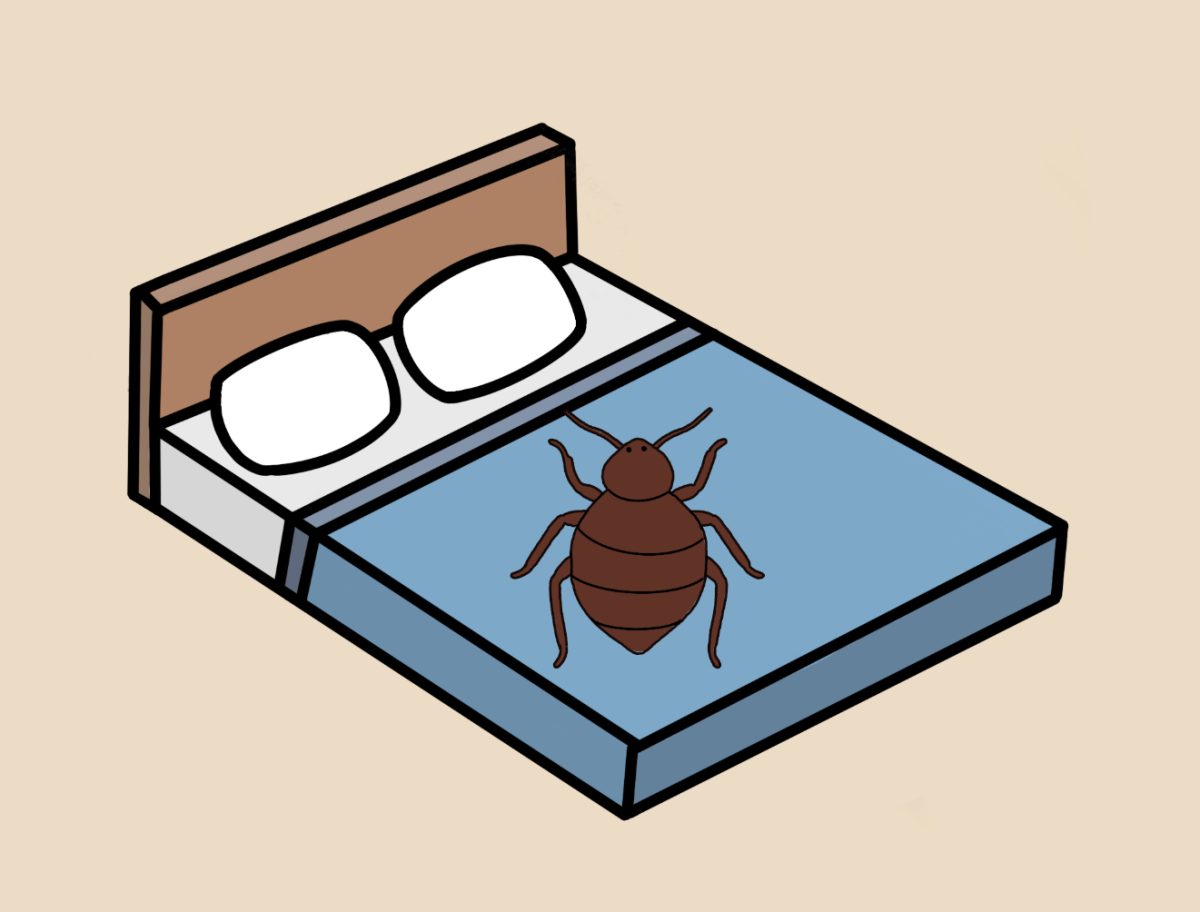The first sighting of bed bugs was reported in September at a university dormitory in the southwest of Daegu. Subsequent to this, the incidence of bed bug cases has surged, reaching a total of 30 suspected cases nationwide as of Nov. 7.
Bed bugs have been spotted in goshiwons–single-room accommodations including dormitories and saunas. Authorities attribute the outbreak to the easing of travel restrictions following the COVID-19 pandemic.
South Korea has been known to have a nearly spotless record of bed bugs due to the accessibility of insecticides across the country, making the recent outbreak even more distressing for South Koreans who are now taking extra precautions in their daily lives to avoid coming into contact with the bed bugs.
“When I heard the news of the outbreak, I was shocked,” Stella Eu (10), an SIS student, said. “I never really cared for bed bugs until now. I am trying to be extra careful, so on the subway, I stand up instead of sitting on the seats because I am worried about the bed bugs.”
To battle the infestation, the South Korean government is initiating a four-week campaign, conducting inspections, targeting public facilities deemed as “vulnerable,” and implementing pest control measures. Immediate disinfection protocols are being enforced in facilities where the presence of bed bugs is suspected. The government has reserved 500 million won to carry out this campaign.
“I am glad that the government is treating this situation very seriously and taking action,” Jimin Son (10), an SIS student, said. “Just thinking about bed bugs makes my skin crawl, and I hope our government does everything possible to get rid of them.”
The issue of bedbugs poses a considerable challenge, as an anticipated rise in the number of infestations is expected. It was reported that bed bugs have developed a resistance to existing chemicals, so new pesticides are needed.


